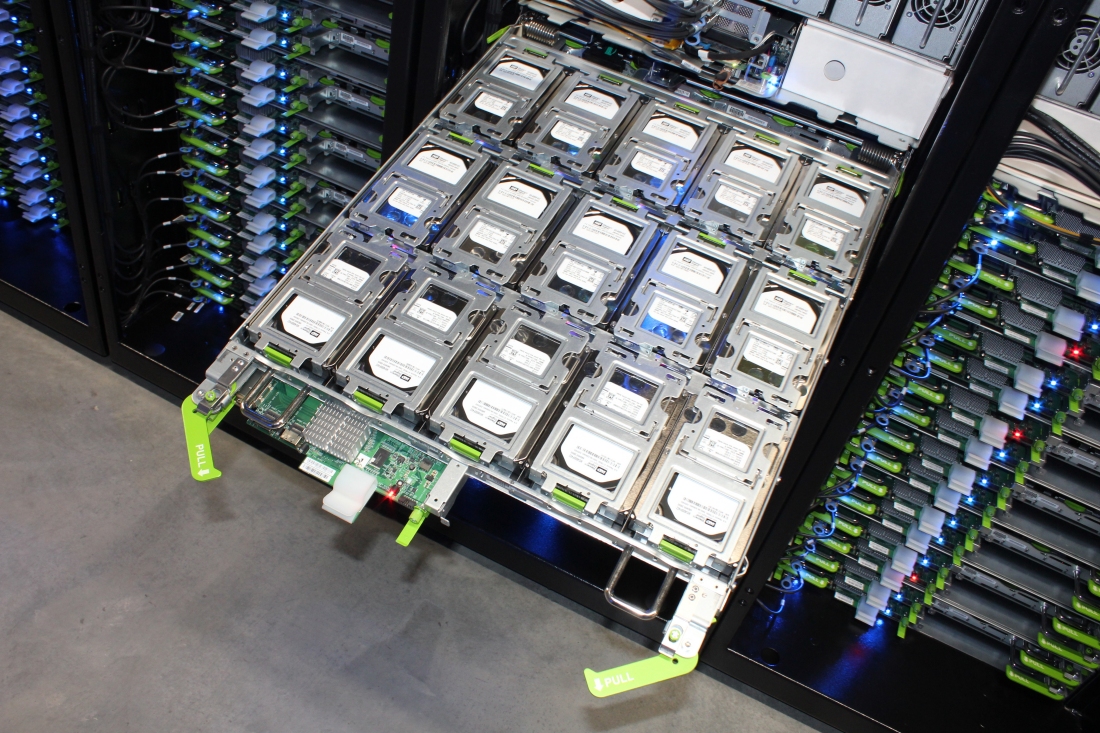Researchers from the University of Manchester have discovered that storing data using a class of molecules known as single-molecule magnets is more feasible than initially thought.
As Science Daily highlights, research led by Dr. David Mills and Dr. Nicholas Chilton from the university's school of chemistry reveals that a memory effect called magnetic hysteresis is possible in individual molecules at a temperature of -213 °C.
The temperature is close to that of liquid nitrogen at -196°C, far warmer compared to liquid helium at -269 °C. That's great, you say, but what does it all mean?

As the publication explains, molecular technologies are incredibly dense meaning they can store a wealth of information in a small amount of space. A device measuring just one square inch, for example, could hold more than 200 terabits of data (that's 25,000 gigabytes).
Dr. Chilton said the use of single molecules for data storage could theoretically give 100 times higher data density than current technologies.
Higher operating temperatures are key here as liquid nitrogen, for example, is far more affordable than liquid helium. Due to the temperature difference, it would be far more viable from an economic point of view to run data centers that don't have to be chilled as heavily.
While a significant breakthrough, there's still far more research that needs to be done. Dr. Chilton said understanding in detail why this new molecule has such extraordinary magnetic properties is their current goal as it will allow them to target new molecules with even better performance.
